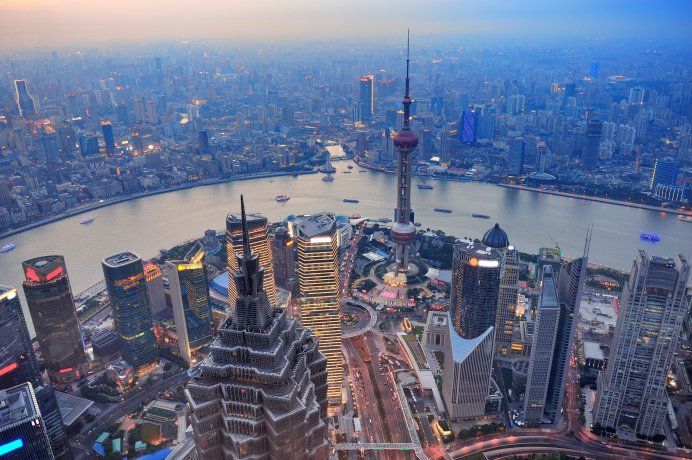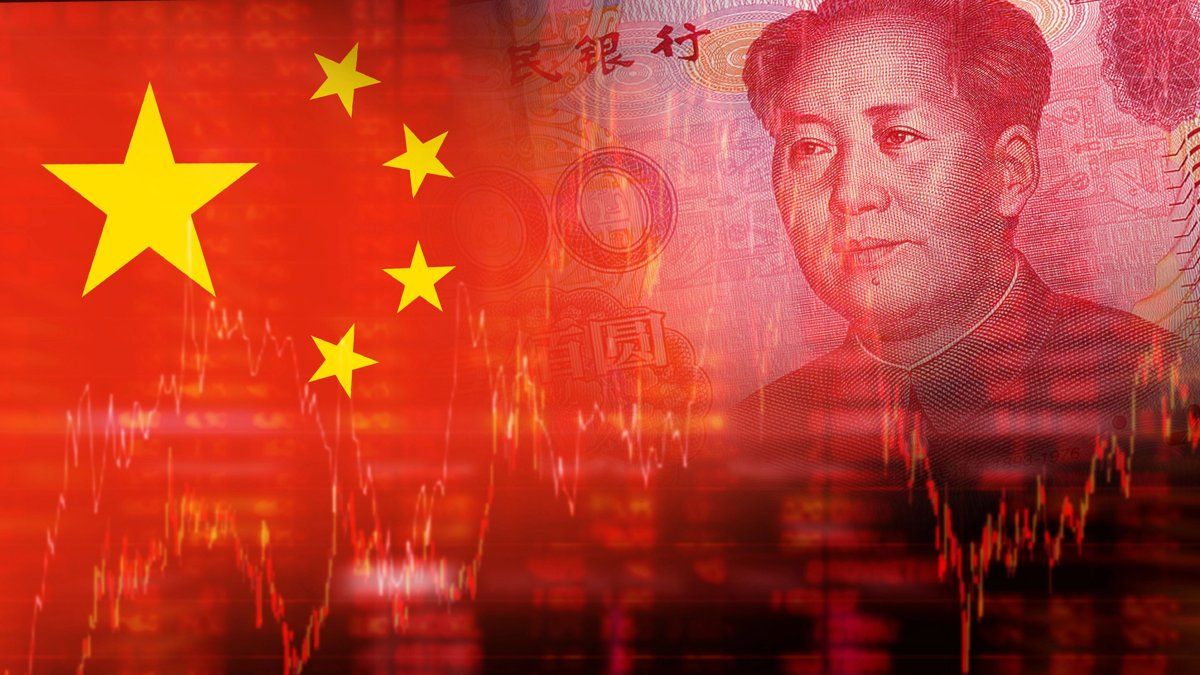The recent interest rate cut by the People’s Bank of China reflects a determined effort to stimulate the economy amid persistent challenges, although questions remain about the effectiveness of these measures in reviving sustainable growth.
China decided to reduce its benchmark lending rate, as anticipated, in an effort to continue with economic stimulus measures which started last month. The one-year prime rate (LPR) was cut by 25 basis points, remaining at 3.10%, while the five-year rate also fell 25 points, to 3.6%.
The content you want to access is exclusive to subscribers.
This is the first adjustment since July. Pan Gongsheng, governor of the People’s Bank of China (PBOC), had floated the possibility of these changes at a financial forum the previous week.


On September 24, the PBOC had announced other complementary measures, including a 50 basis point reduction in the reserve requirement ratio and a 20 basis point decrease in the seven-day operating rate, which is considered the most aggressive stimulus since the start of the pandemic.
These policies are designed to support the real estate sector, which is facing a crisis, and to encourage consumption. Furthermore, in September, the medium-term credit facility rate was cut by 30 basis points.
China: the background of the cut
In China, most loans are based on the one-year rate, while the five-year rate has a direct impact on the cost of mortgages. Since the measures were implemented in September, the CSI300 stock index has seen an increase of more than 14%, although the yuan has lost 1% against the dollar in the same period.
However, stock markets have shown recent volatility, fueled by doubts about whether stimulus policies will be adequate to revitalize growth. Despite a slight rebound in economic growth during the third quarter, investment in the real estate sector fell more than 10% in the first nine months of the year, although retail sales and industrial production saw improvements in September.
shanghai china

This is the first adjustment since July. Pan Gongsheng, governor of the People’s Bank of China (PBOC), had floated the possibility of these changes at a financial forum the previous week.
freepik.es
At a news conference on Friday, Chinese authorities expressed confidence that the economy will achieve the 5% growth target for this year and anticipate a further cut in the bank reserve ratio before the end of the year.
Chris Weston, head of analysis at Pepperstone, commented that the impact of these easing measures on the Chinese and Hong Kong stock markets, as well as the price of the yuan, is generating discussion, as investors could be beginning to show signs of “fatigue” in the face of continuous stimulus policies.
Source: Ambito
I am an author and journalist who has worked in the entertainment industry for over a decade. I currently work as a news editor at a major news website, and my focus is on covering the latest trends in entertainment. I also write occasional pieces for other outlets, and have authored two books about the entertainment industry.




